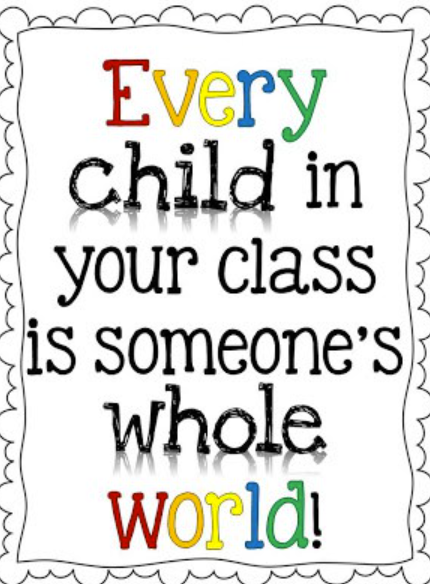Every day, nap time brings challenges. After lunch, Emily darts around the classroom. My coworker starts the soothing lullaby, and we dim the lights, creating a cozy atmosphere. But Emily keeps on running.
“I want Meera to help me sleep?” she asks me. I explain that Meera’s on break. She sits on her bed but keeps playing. I sit nearby, gently rubbing her friend’s back. Suddenly, Emily yells, “No! I don’t want your help!” .. Go .. Go
“I’m helping your friend. You can sleep with your blanket,” I say softly, but Emily refuses. She starts kicking me.
“We’re not hitting,” my coworker intervenes. “Zahra’s very nice. Look at her.”
But Emily keeps insisting, “No, go, go.” I stay close but don’t touch her.
She continues crying, “I want my mommy.” Mommy always comes in the afternoon.
I respond calmly, trying to understand her needs. Eventually, she tires herself out, crying and yelling less. I offer to rub her back. She doesn’t say anything, but she’s no longer crying. Finally, she starts to drift off to sleep.
I’m trying hard to understand how she feels. She’s tired and misses her mommy, but it’s tough for her to say it. She’s finding it hard to control her feelings. What about me? As a grown-up and teacher?
“Educator fosters a curiosity that leads them to seek ways to extend not only children’s learning but also their own BC ELF page 18.”
It inspires me to discover fresh ways to support kids in learning and to learn new things myself. I believe that every challenge is a learning opportunity.
We’re uncertain about tomorrow’s transition. We’ll keep working on it until she understands her feelings.

February 26, 2024 at 9:45 am
Your perseverance and love for the children is truly inspiring. Emily is exhibiting challenging behaviours and you are being very proactive in your approaches. I’m seeing improvement, unfortunately that days are inconsistent and up and down. You are doing a great job and when she’s saying things and acting out remember it’s not about you although it can feel personal. She just misses her mommy and will do and say anything to try and achieve her goal. We are making progress and you are staying true to her and the classroom goals. Keep showing Emily love and respect and your hardwork will pay off.
March 17, 2024 at 11:29 am
I agree that sometimes change or a new behaviour takes time and patience. Learning to regulate our feelings is a process and there will be ups and down’s along the way. Keep being respectful, repponsive and consistent in acknowledging her feelings and helping her to identify what is going on and to regulate.